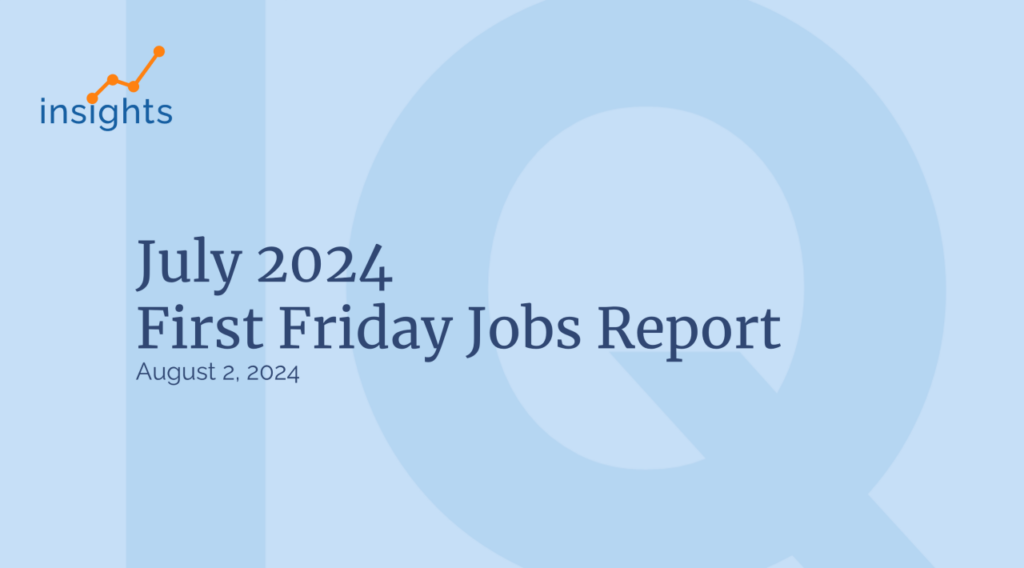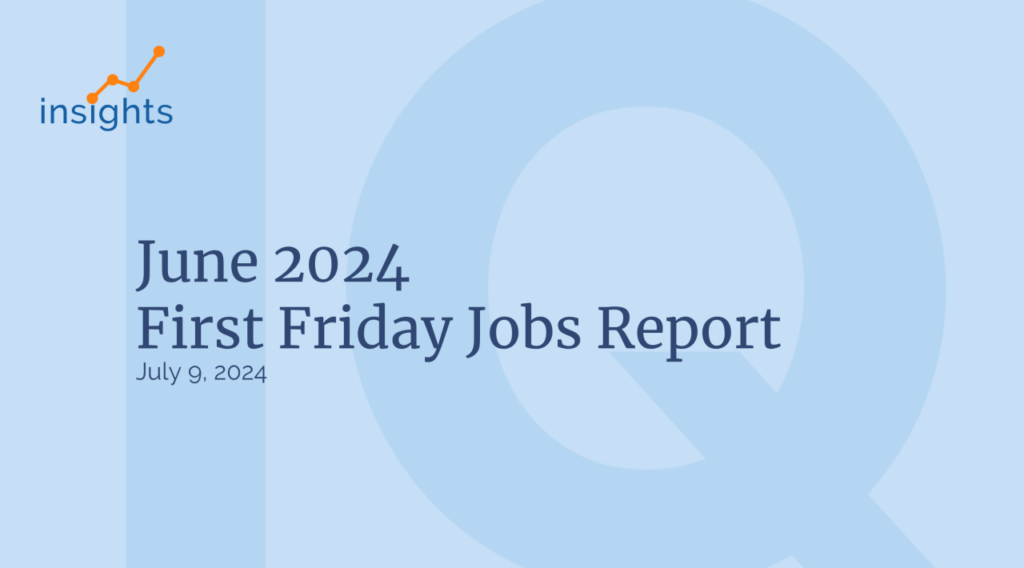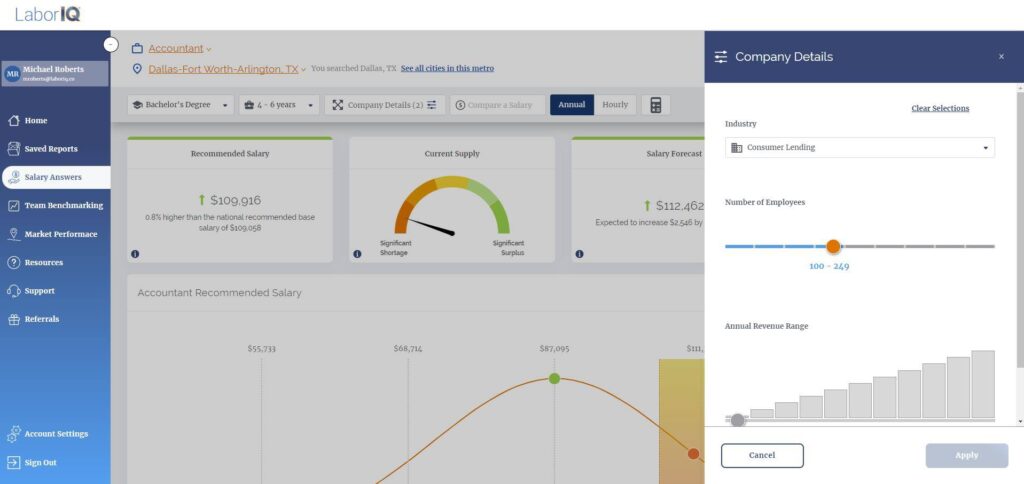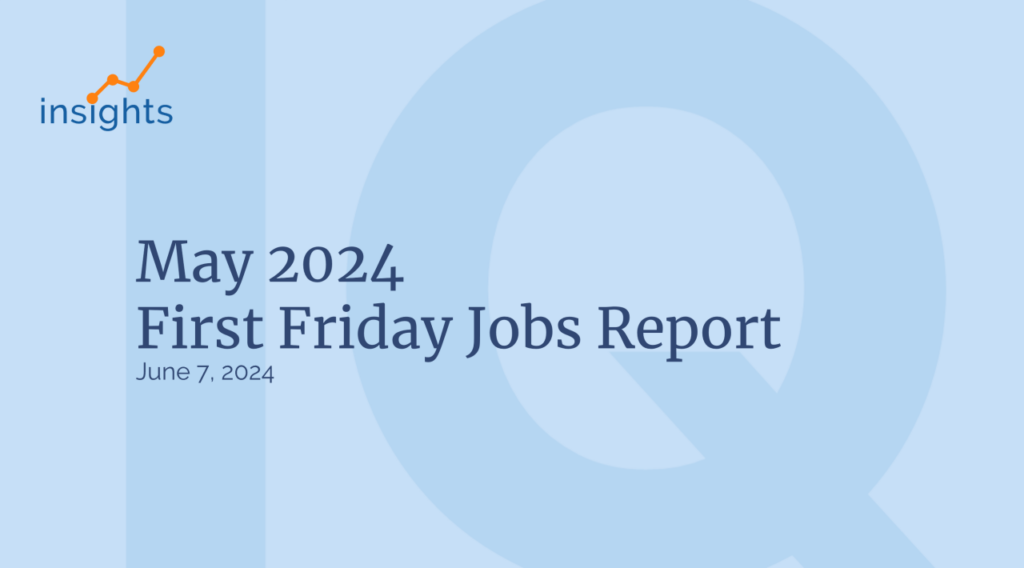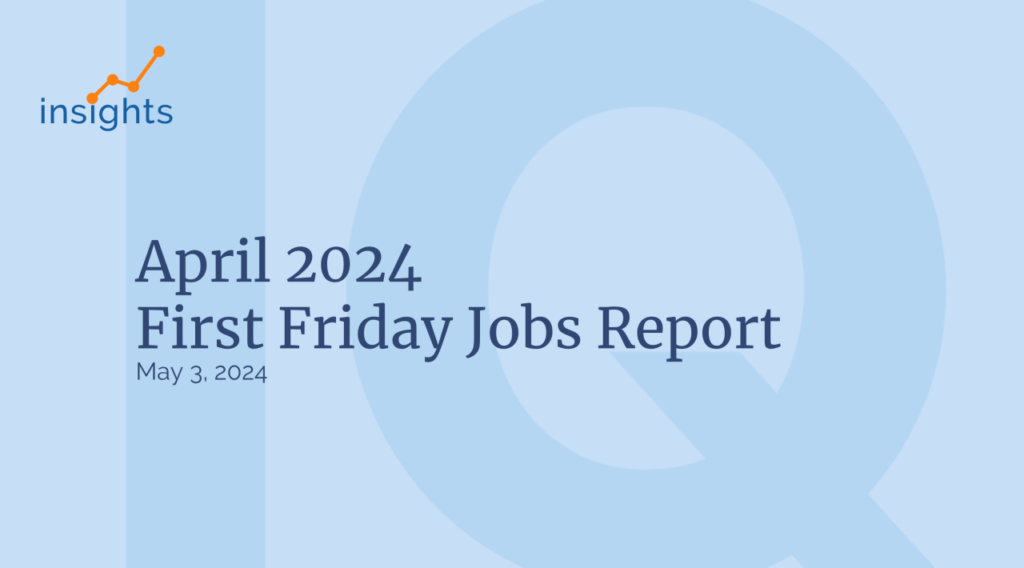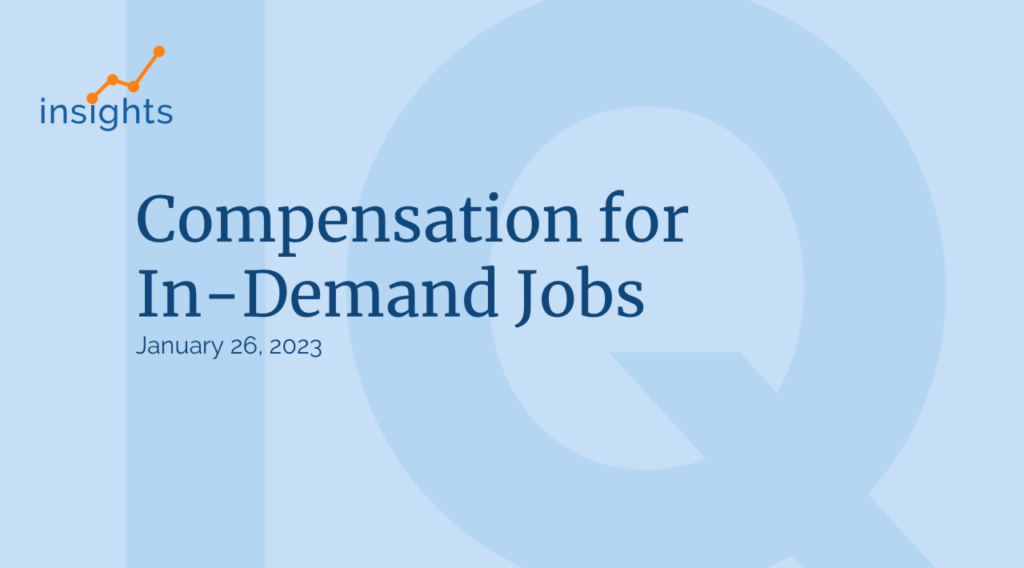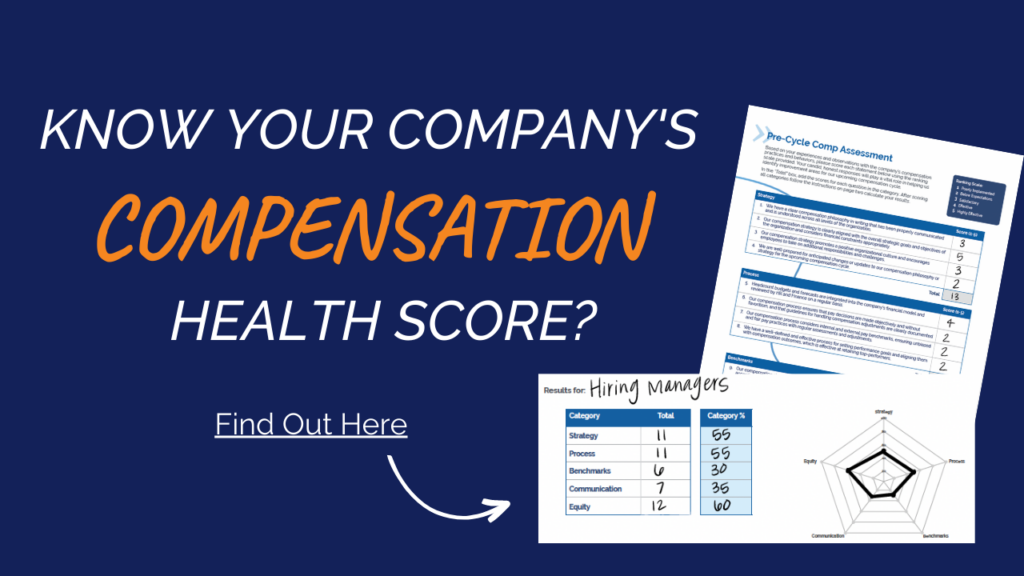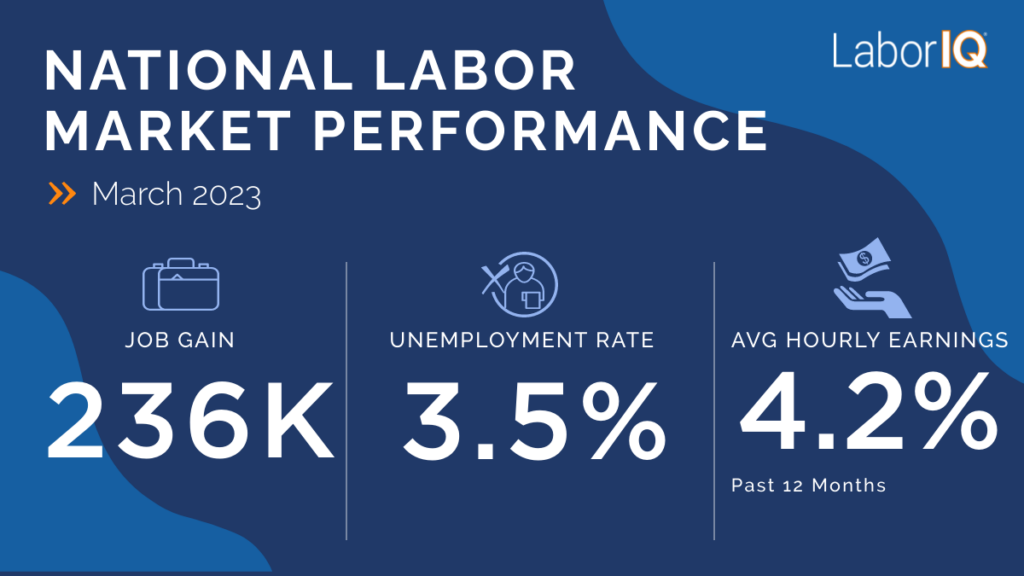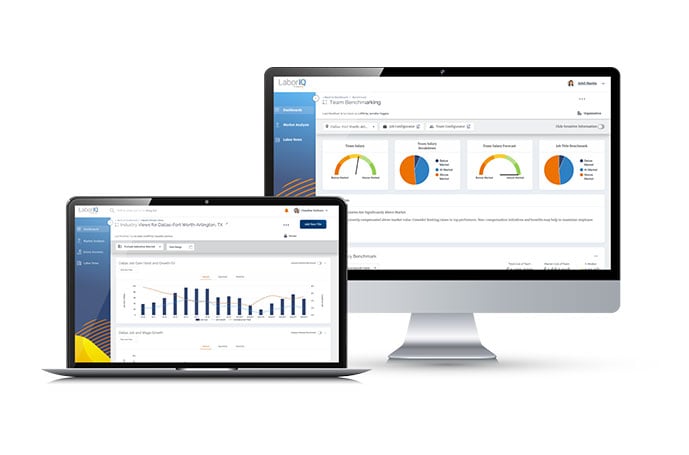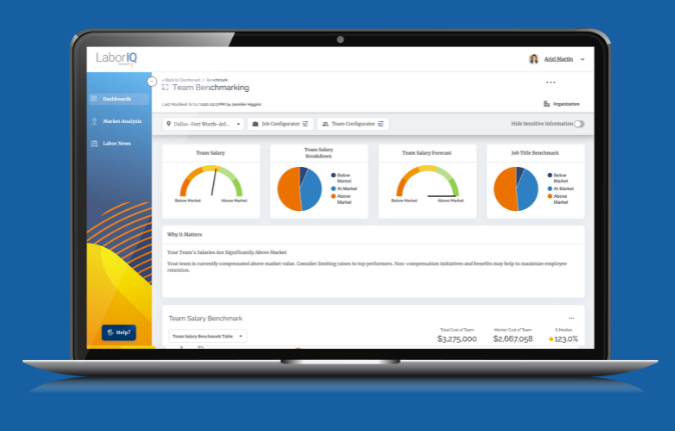This week, we are digging into what makes a good (and not so good) job description. Job descriptions are often the first impression potential new hire has of your company. A poorly written job description can be a turn off for candidates, something most businesses can’t afford in one of the most competitive hiring markets in history.
The Anatomy of a Job Description
The three most important components of a job description are the job title, job requirements (like the skills, education, or experience desired), and job summary or responsibilities.
Other information, like company overview or mission statement, work location or hybrid/remote status, and pay range, may also be included in the job description. But the title, requirements, and summary/responsibilities are often the key things candidates look for to understand if the role might be a good fit.
We’ll use the sample job description below (which was written with the assistance of AI) to think through the key components that help candidates understand the role.
Every job description should contain elements that allow job seekers to clearly understand the job:
Job level – the seniority and/or management aspects of the role (for example, Senior Director).
Industry or department – the functional area of the role within an organization and the focus of the business itself (for example, Operations department or Healthcare Technology industry).
Education, experience, and skills – the desired combination of education, experience, and skills needed to be successful in the role (for example, Master’s degree in quantitative field).
Why does a good job description matter to compensation?
At LaborIQ, we provide salary benchmarks for thousands of roles in the U.S. To get to those benchmarks, we utilize job descriptions and requirements as the starting point. Effective job descriptions give us the key indicators we need to determine the compensation for a given role.
If a job description is too vague, it can be difficult to understand the seniority, education and experience requirements, and key responsibilities. Without those fundamental pieces, it can also be difficult to identify what the compensation for that role should be.
In today’s labor market – with wages growing more than many businesses have projected, the competition for talent still fierce, and the introduction of pay transparency laws – many businesses are focused more than ever on crafting job descriptions and compensation strategies that attract and retain talent.
Job Title – Provide Context
What does the title Senior Director of Business Excellence, Research, and Strategic Analysis tell a candidate about the job?
Without the context of additional information, not much – it’s pretty vague. There’s additional context that the position reports to the VP of Business Operations. But a candidate seeing a job posting may be confused about the role. What type of research or analysis? What type of operations are the focus of the department?
Job Requirements – Be Specific
With a job’s requirements, it’s important to be specific. Understanding the education expectations (Bachelor’s or Master’s in a quantitative field) provides some insight. However, much of this portion of the job description is too vague for a candidate to understand what traits are truly needed for the role. Thought leadership, project management, and problem solving are tasks associated with many jobs. So a lack of detail can create confusion or misunderstanding.
Job Responsibilities – Provide Examples
Providing examples when describing key job responsibilities can show candidates what to expect day-to-day in the role. It’s clear this person is expected to build and lead a research team, but describing the specific research output and deliverables would signal to candidates whether the type of projects are a good fit for their experience.
How will success be measured? What are the timelines? Answering these questions will allow candidates to understand what’s expected.
LaborIQ provides HR teams and business leaders with market-competitive compensation benchmarks. In an evolving job market, you need to know what salaries to offer to retain employees and fill open positions faster.
Want to hear about how LaborIQ can help your HR team? Learn more










